Physical Address
304 North Cardinal St.
Dorchester Center, MA 02124
Physical Address
304 North Cardinal St.
Dorchester Center, MA 02124

The Best and Latest in Conservative Thought
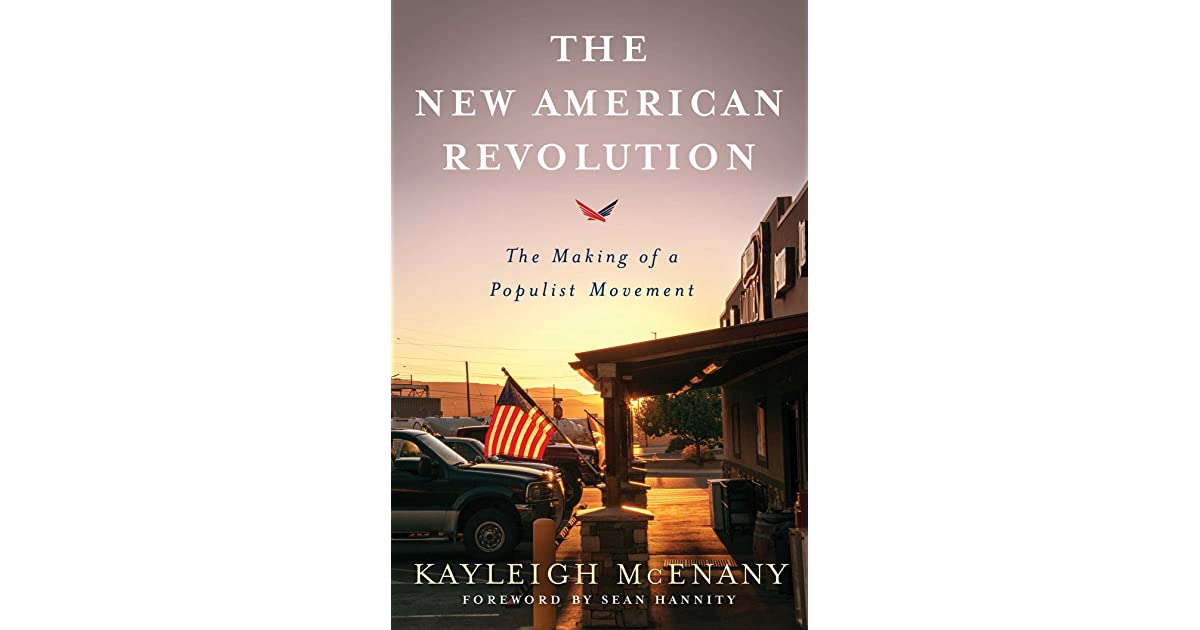
From Brexit in the UK to the rise of Donald Trump in America, Populism has been growing and spreading across the world.
While many define it as neither left nor right in is political arrangement, it can be viewed as a genuine conservatism. As a belief system it is built around defending the interests and growing the power of ordinary citizens, not through revolution, but through reform.
Populists seek to put individual working class families first while simultaneously being opposed to any group-based ideologies such as Marxism, that only report to defend the working class.
It’s often closely tied to a form of positive nationalism with a belief in a patriotic defence of borders.
We see this element being a critical component in the UK’ decision to leave the European Union, while it has also become a strong element within the populist movement in the United States with a push to focus on domestic issues rather than an interventionalist geopolitical strategy.
The New American Revolution: The Making of a Populist Movement

The rise of the populist movement in American and the reasons for it, told by the disillusioned and disenfranchised working class across America.
This book brings together the populist movement that President Donald Trump recognized and built his platform off of. Real opinions from real Americans, it’s packed with candid interviews and personal stories from a families cabin in Ohio, to the faltering factories of Flint, Michigan to a Texas BBQ joint.
These forgotten Americans vocalize what matters to them, be it illegal immigration or freedom of religion. And perhaps more importantly they outline how the coastal elites completely ignore them.
Assembled by RNC spokesperson Kayleigh McEnany (who went on to famously serve as President Trump’s Whitehouse press secretary) it also then goes on to speak with power players inside the Trump administration who believed in this by-the-people and for-the-people movement and who harnessed it in order to bring a new type of president to power and change America forever..
Trumponomics: Inside the America First Plan to Revive Our Economy

Get the inside scoop on Donald Trump’s economic theory by the men who invented it.
Conservative economists Stephen Moore and Arthur B. Laffer outline how the populist economic principles espoused by the Trump Administration combined conventional Republican concepts of tax cuts, deregulation and giving power back to the individual states, with more conventionally Left-leaning ideas of trade protectionism and infrastructure spending.
But there’s more to it than that. To make Trumpnoomics work, it requires immigration reform while also ensuring America’s allies support their defense commitments (so American citizens don’t have to shoulder that burden too).
A theory put into practise, it saw amazing growth in quality of life for working class Americans.
Billionaire at the Barricades: The Populist Revolution from Reagan to Trump
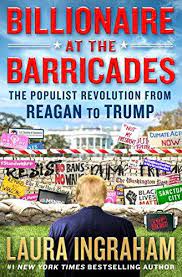
Fox host Laura Ingraham had a front row seat to the populist revolution and this book will take you there for the lead-up and beyond.
In Billionaire at the Barricades, Ingram outlines how the Make American Great Again movement arose and how it presented very real thread to the Washington swamp.
She recounts the numerous times in recent history when populism ebbed and lulled, showing signs of its might during the campaigns of Buchanan and Perot, as well as the Tea Party movement. And yet it was never fully realized until a New York City billionaire with no political expertise realized the power of the American people.
But can President Donald Trump really make the changes the American people elected him to do? Ingram provides her analysis.
Positive Populism: Revolutionary Ideas to Rebuild Economic Security, Family, and Community in America
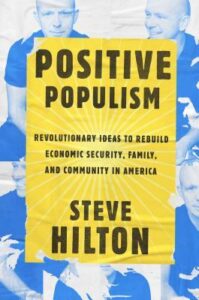
What does the future of populism hold?
That is exactly the premise of Steve Hilton’s latest book which focused on the positive impact the populist revolution has had and where it can go from here.
He details the successes so far, but outlines how it is that lives can continue to be improved by transitioning away from big government and big business towards the individual, the family, and economic security and prosperity for all.
More than an aspirational work, Hilton is clear in detailing what is required to make real change in America, from permanently reducing the government and decentralizing it, how to grow jobs for every day Americans, how to rebuilt the country’s support of the family, and how to make much of this possible by giving back control of the country, state and community to ordinary citizens.
Hilton focuses on how the populist movement is, in essence, exactly what America’s founding fathers intended, putting power in the hands of the people, not in a ruling class.
And perhaps most importantly he focuses on how populism can be and is a force for good. It’s not just an anti-everything philosophy, rather it is a practical philosophy for making people’s lives better.
The Rise of Populism (The Munk Debates)
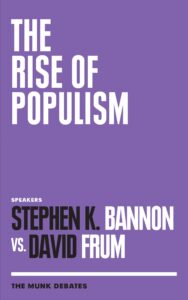
An account and defence of the rise of populism by a man who, perhaps more than anyone, is responsible for the actualization of the movement, Stephen K Bannon.
President Donald Trump brought the populist ideology into the mainstream and shook up the political order, but is it here to stay? Yes says Bannon, who argues his case against faux-Conservative David Frum at the twenty-third semi-annual Munk Debate.
Righteous Indignation: Excuse Me While I Save the World
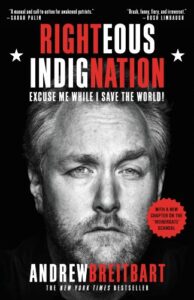
It’s hard not to have a section about populism without including Andrew Breitbart. He waged war against what he new media, or what he called the Democrat Media Complex.
His efforts paved the way for the populist movement by exposing the lies of the Left and how the media was stacked against the America public.
Trump was famously able to combat the lies about him in the media for doing what most Americans already secretly knew: calling out the liars at the networks for what they are.
Without this critical component, there never would have been a populist revolution.